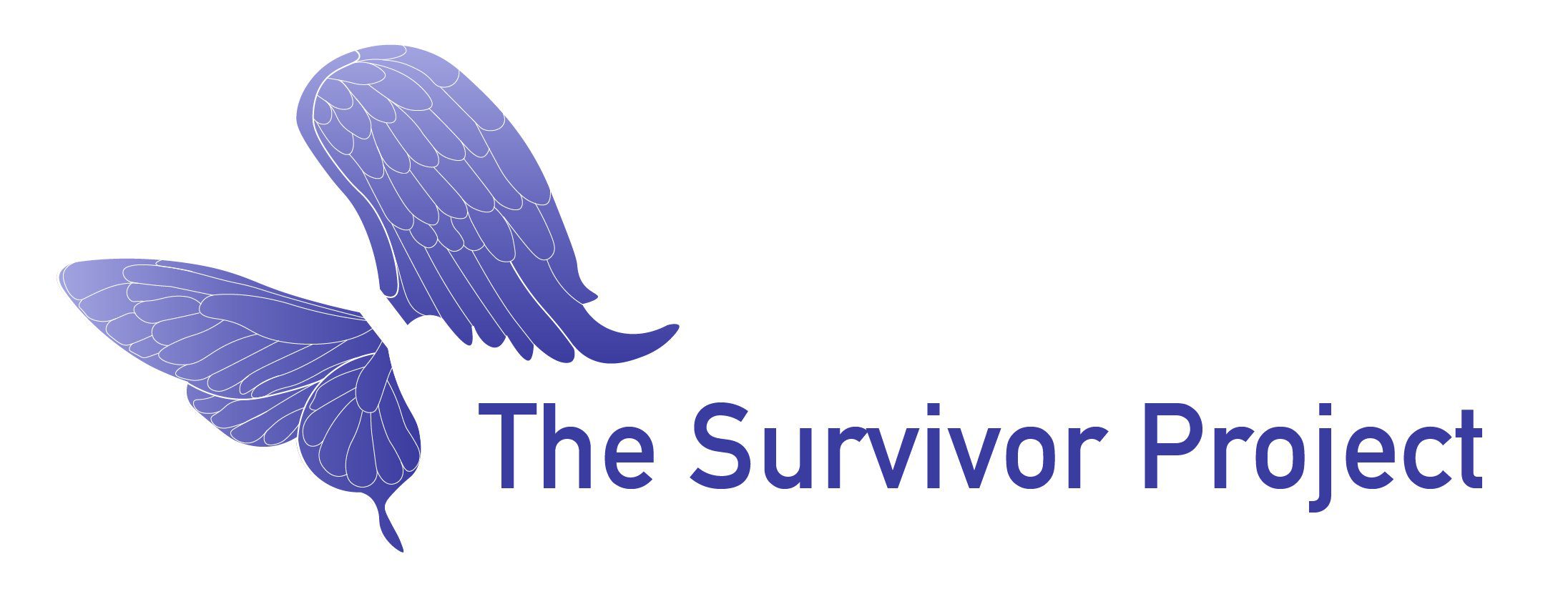I want to help someone else
Do you suspect someone you know is in an abusive situation? Read the information below to learn the warning signs, how you can help and what not to do.
Every situation is unique, but it is also important to think about your own safety and how your involvement may impact the situation.
- Physical injuries
- Low self-esteem
- Overly apologetic
- Fearful, anxious or on-edge
- Loss of interest in usual hobbies
- Excessively private about personal life
- Isolating from family and friends
- Withdrawn and distant
This list is not exhaustive and survivors may exhibit a combination of these behaviours, or none at all.
- Don’t confront them directly about the abuse, offer a safe space for them to talk if they wish to
- Allow them to make their own decisions, they know the abuser best and know what is safe for them to do
- Make them aware of their options, but don’t push them in a certain direction.
- Check in regularly
- Focus on the unhealthy behaviours of the abuser, not the abuser themselves. the survivor often loves the abuser and may not respond well to direct criticism of them.
- Be consistently supportive, even if they decide not to take action. It can be frustrating but abuse is very difficult to break away from and can take time.
- Don’t confront the abuser, or do anything to anger them.
If you believe the survivor is in immediate danger, please contact authorities.
You can also request the police do an abusive past check on the survivor’s behalf under the Domestic Violence Disclosure Scheme, also known as Clare’s Law. The police will disclose the information if it is legal and necessary to do so.

